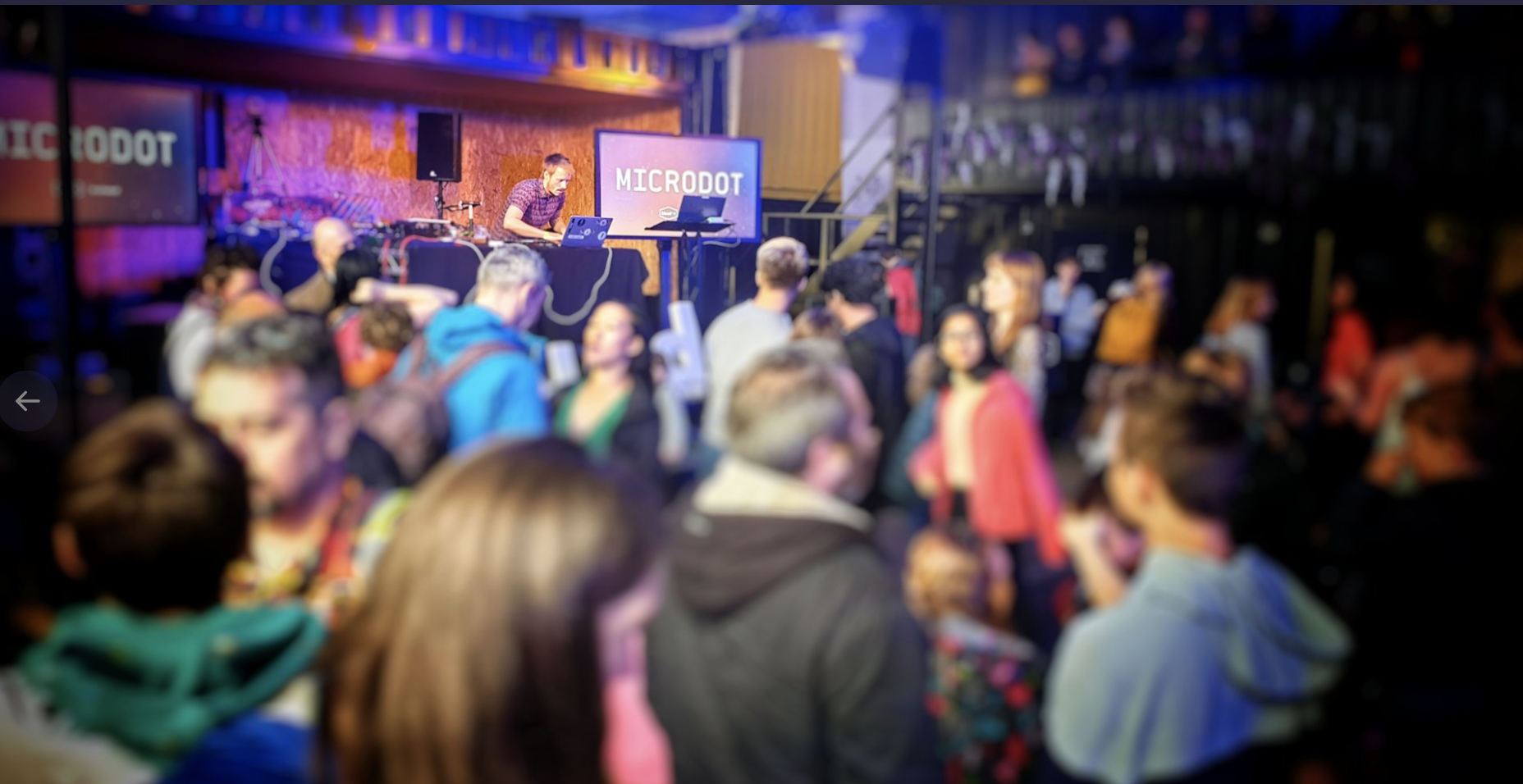
Make it stand out
What’s been happening?
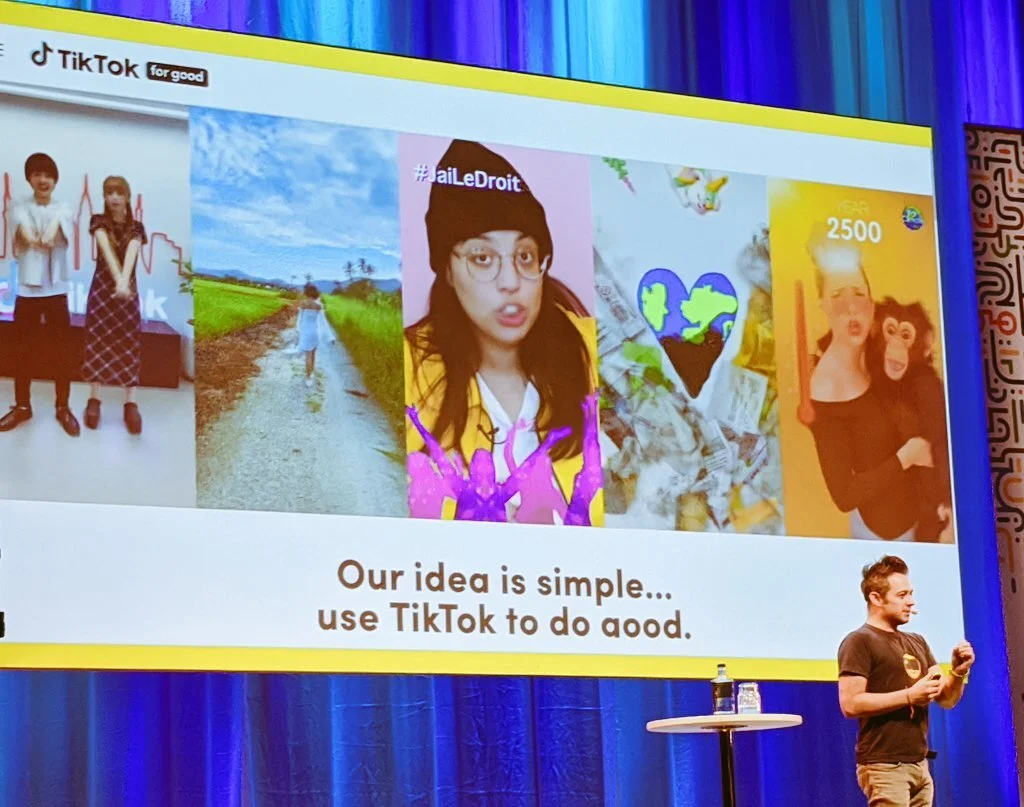
Re-Radicalising the Knowledge Pioneers
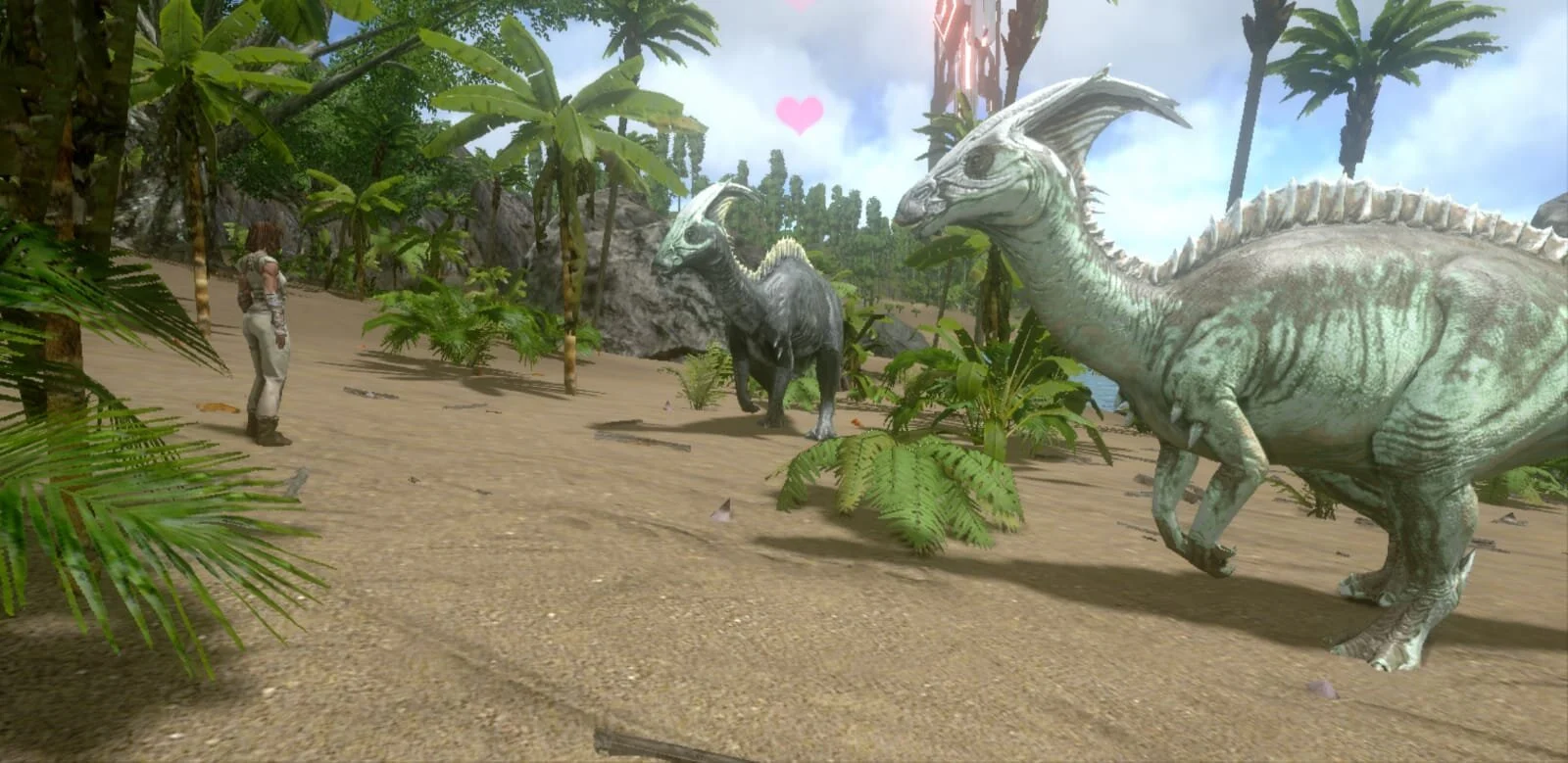
Science Communication in Times of Global Catastrophic Risk
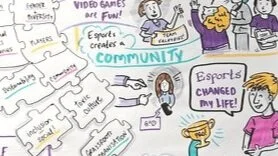
Future of Sport
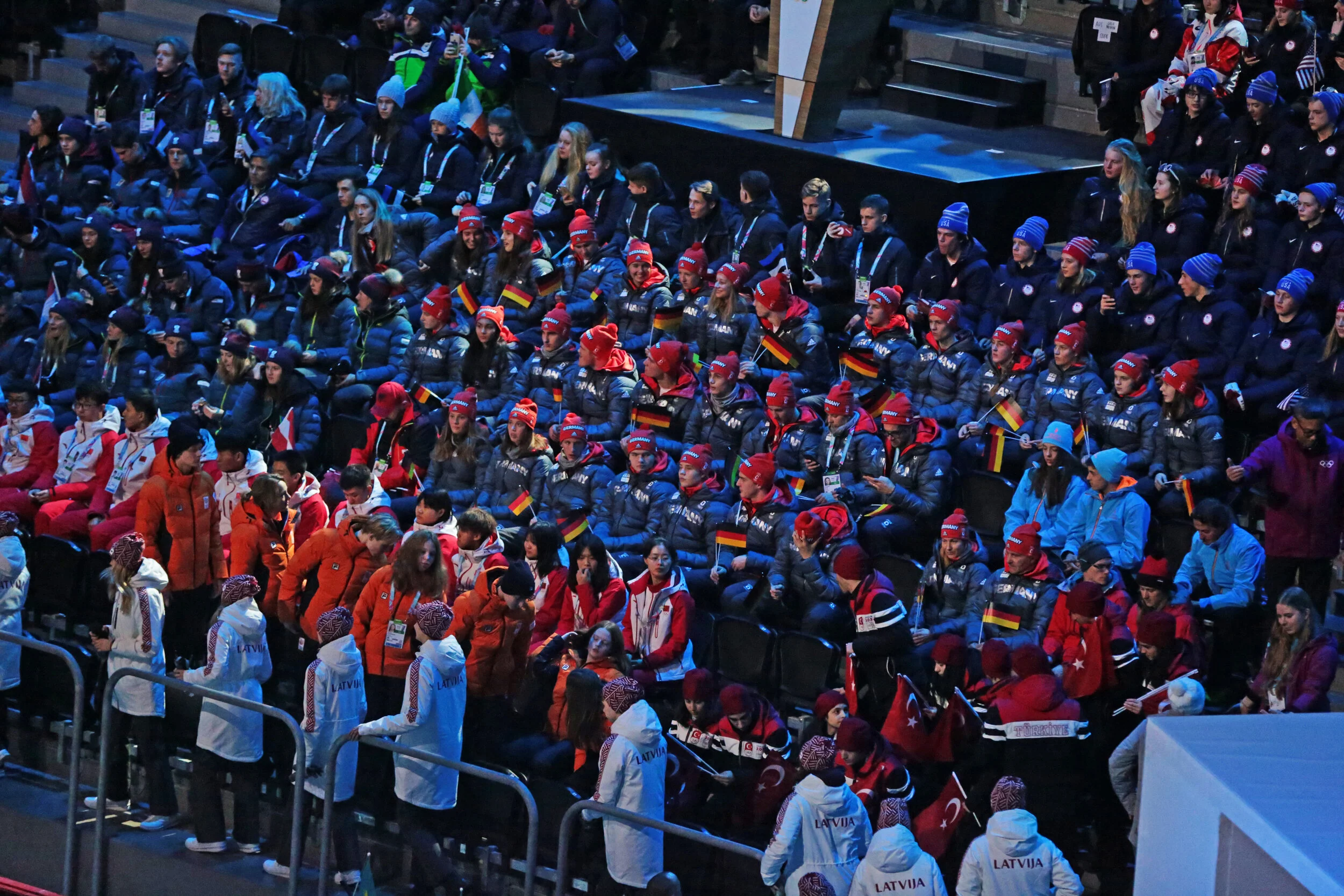
Esports at the Lausanne 2020 Youth Olympic Games
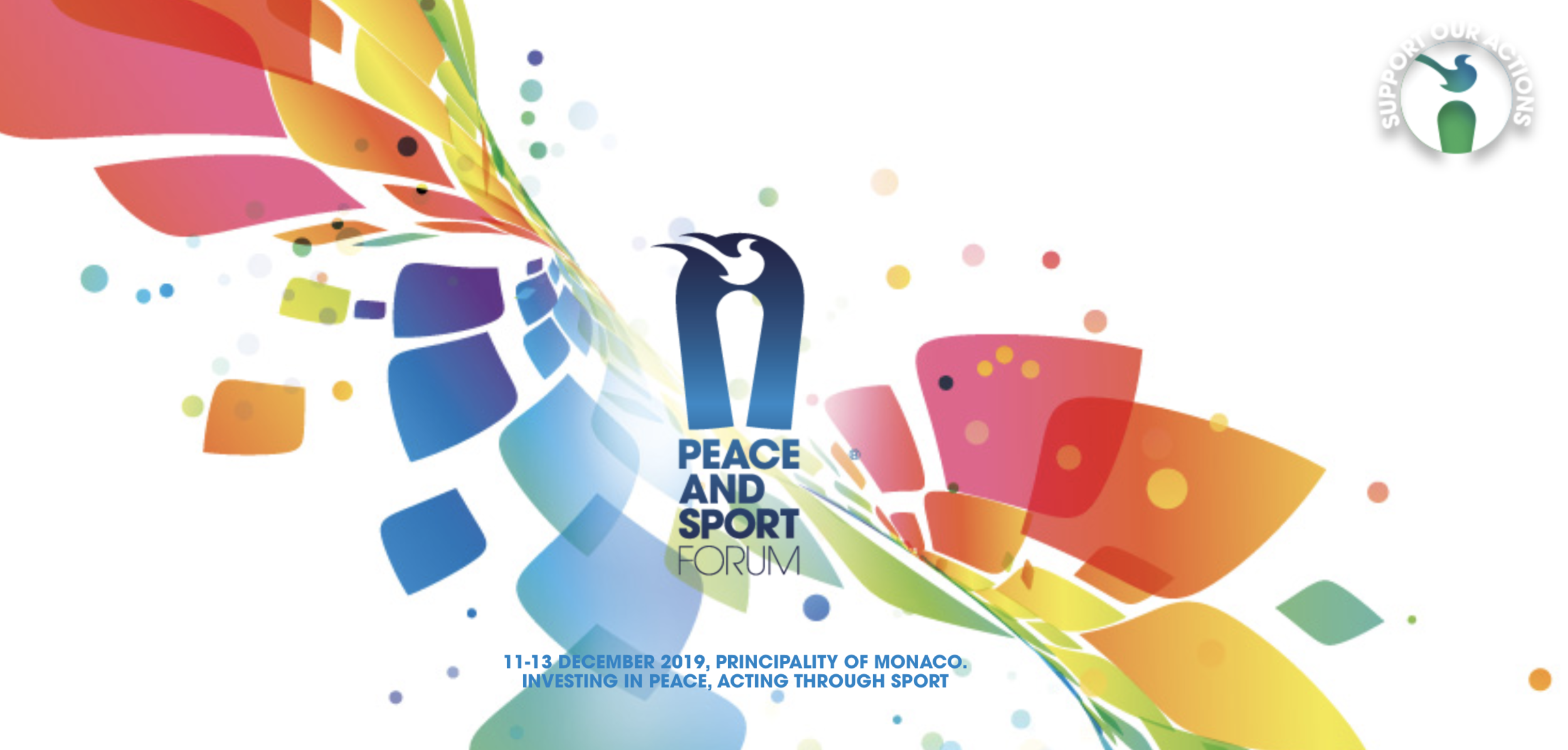
Esports for Peace
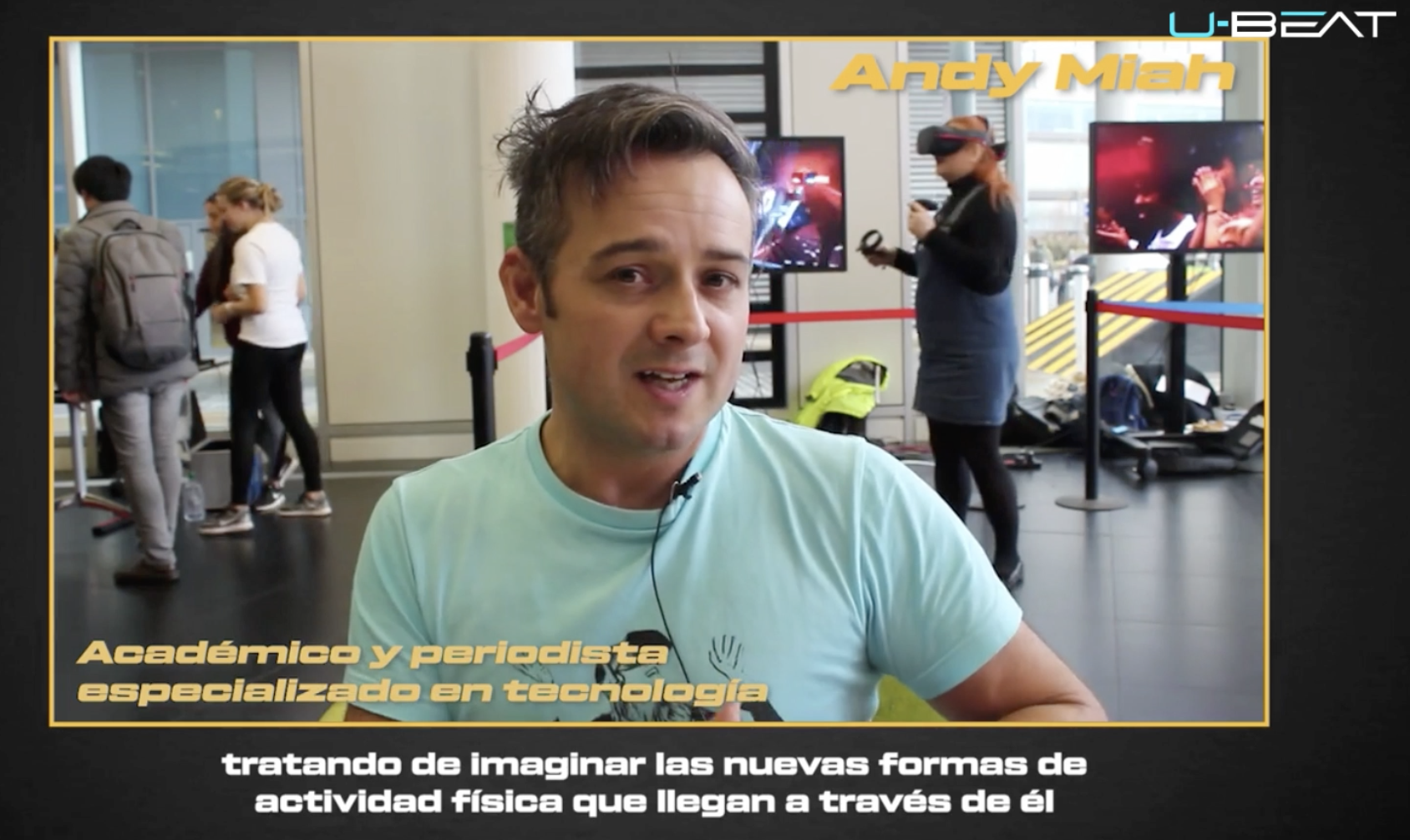
Esports and Virtual Reality
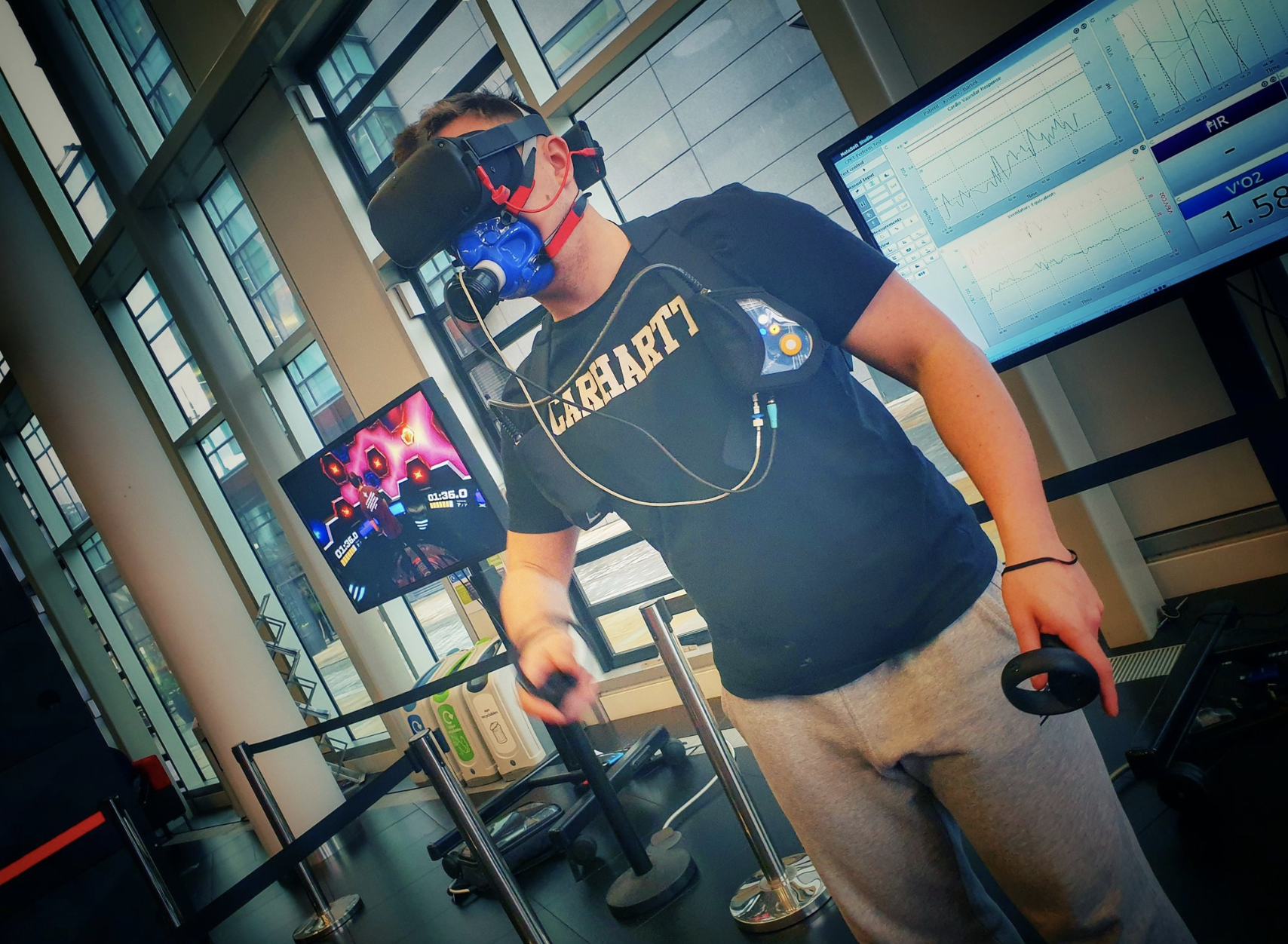
Virtual Reality Fitness
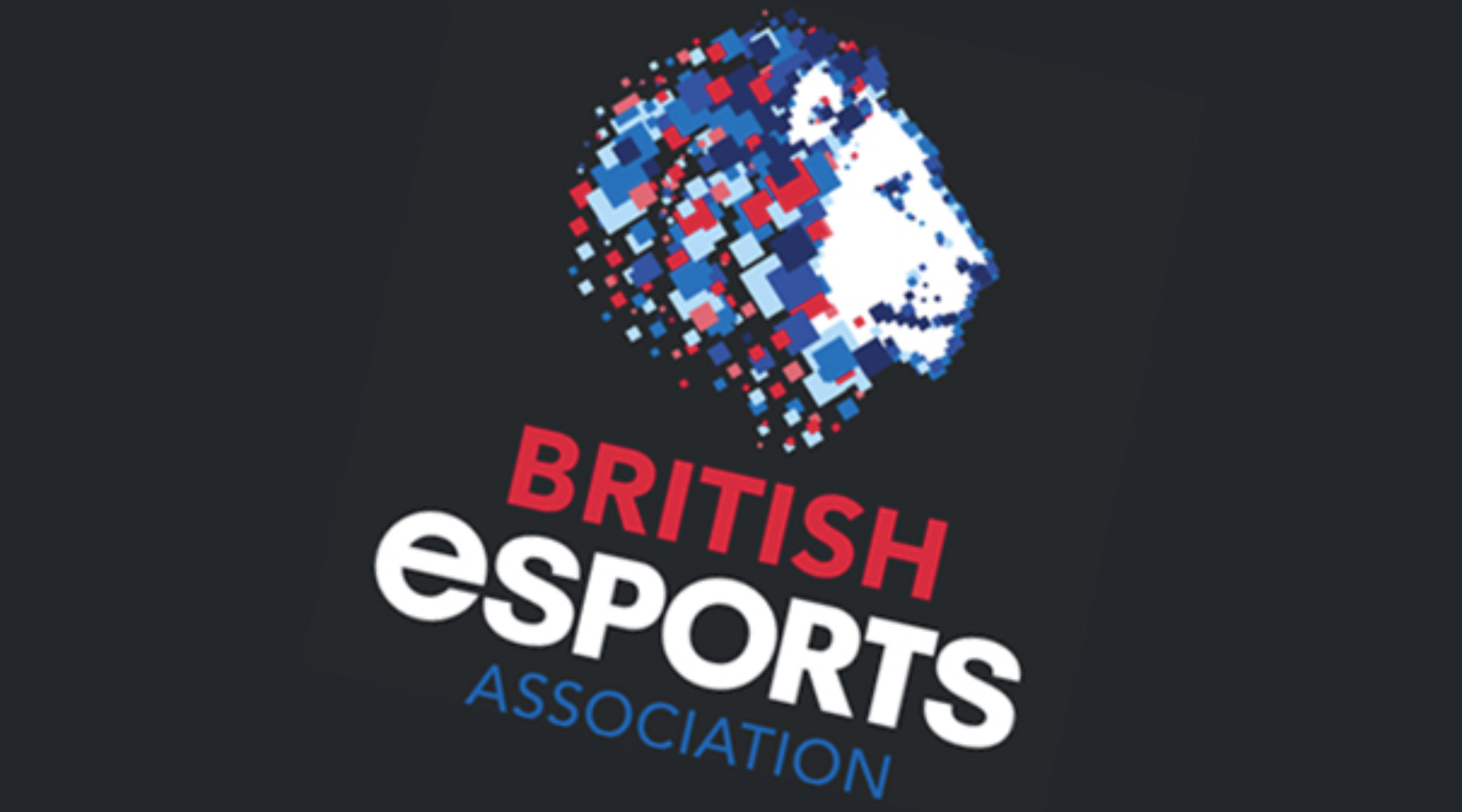
"This week, I joined the British Esports Association Advisory Board!"

Esports is the future of all sports – here’s why

Are you TikTok Ready?
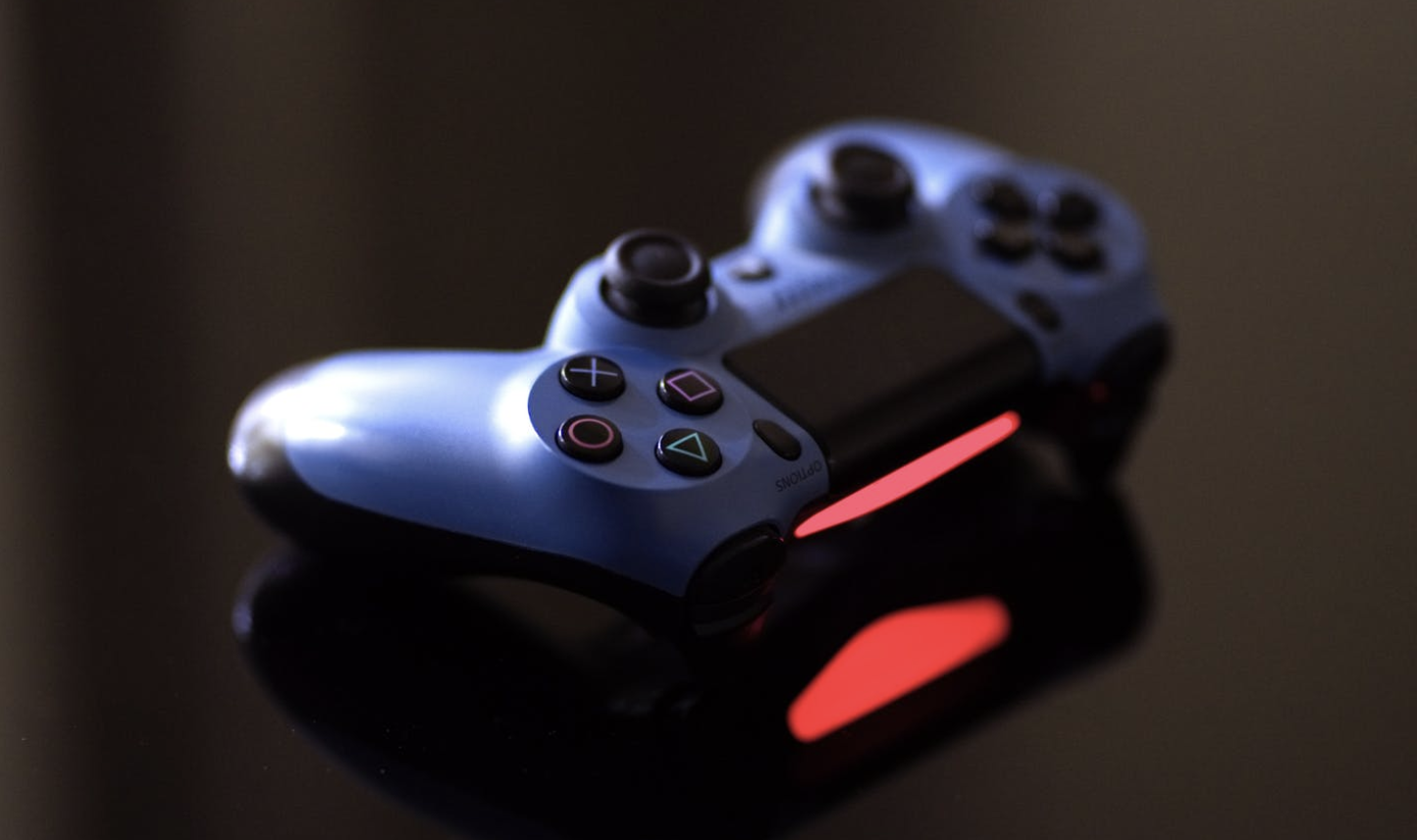
Esports Science Insights
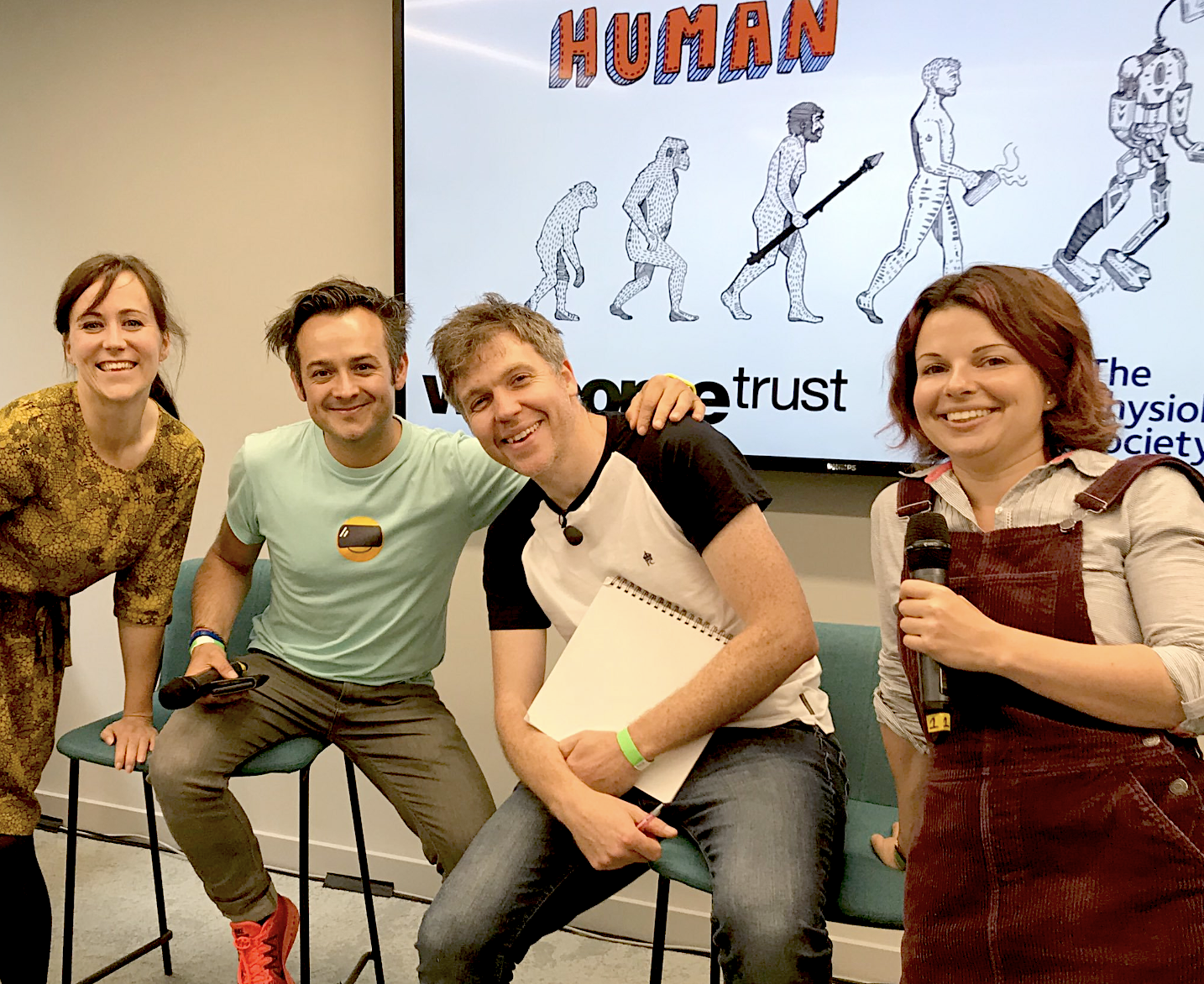
Level Up Human
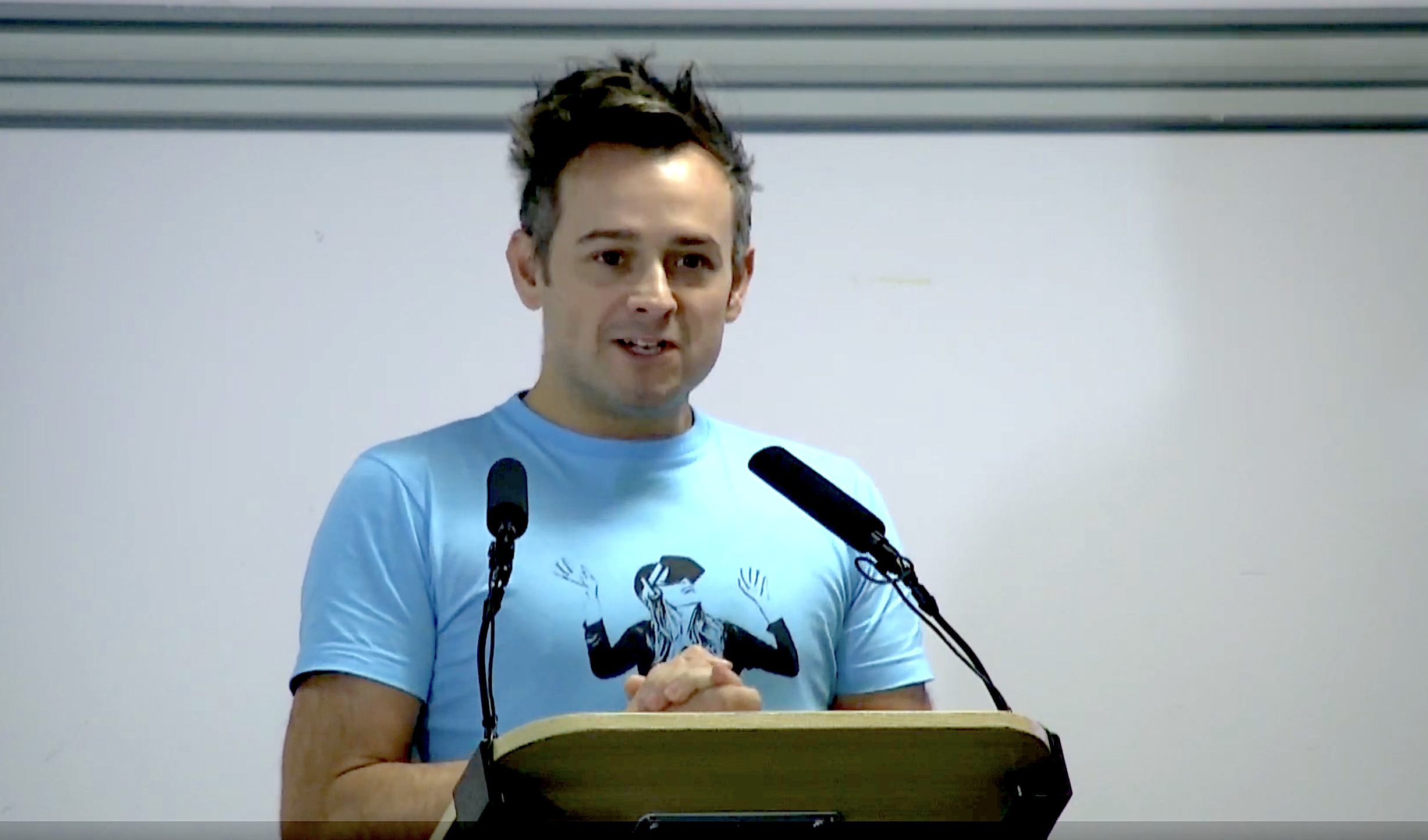
Altmetric Annual Conference
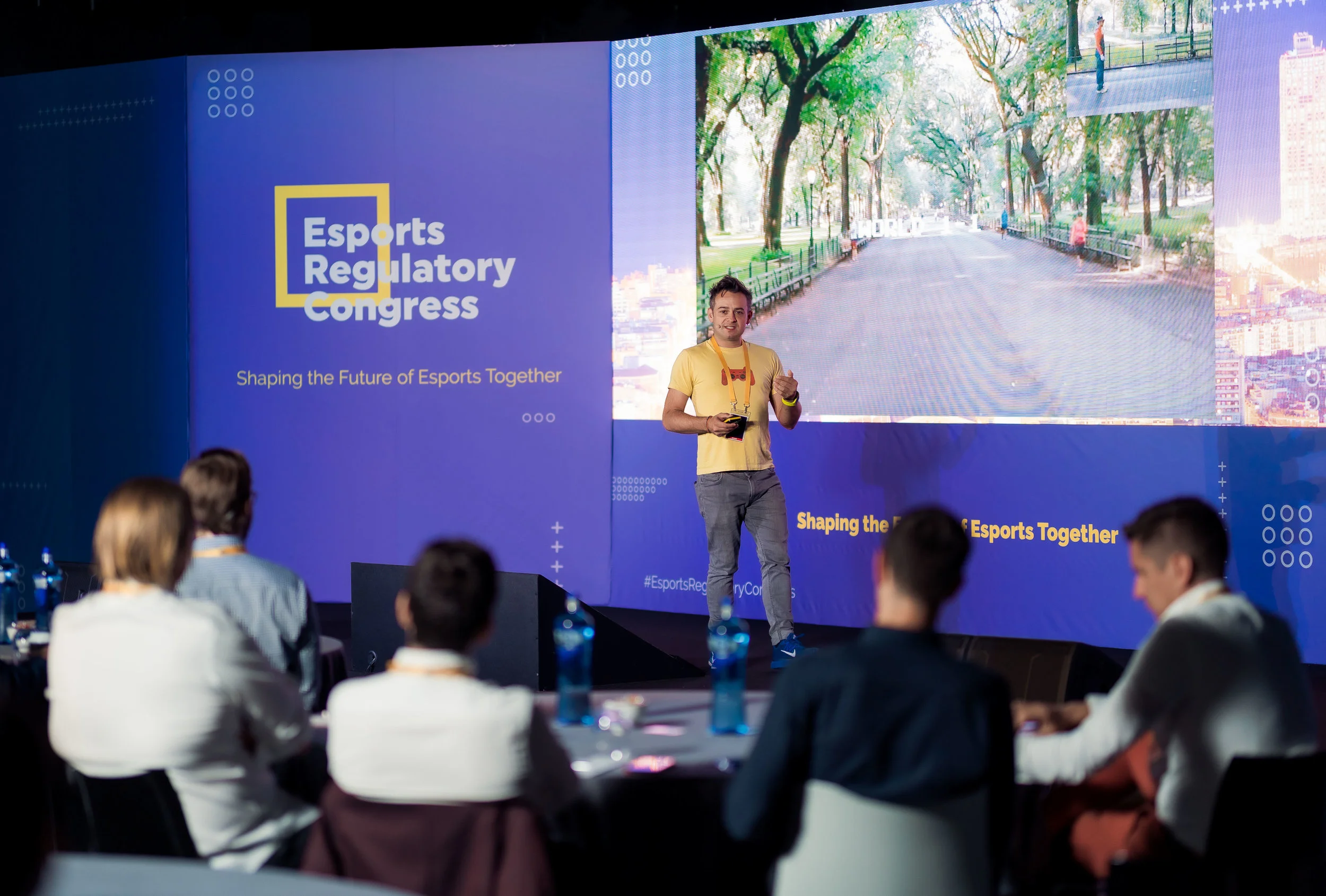
Virtual Reality and Esports
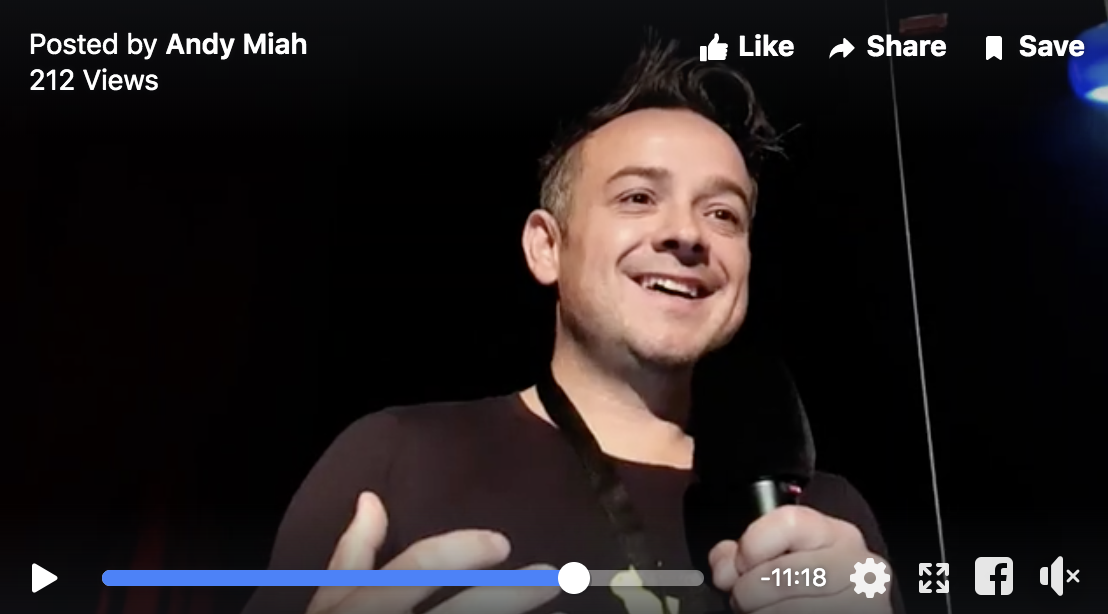
Good Science Begins with Communication
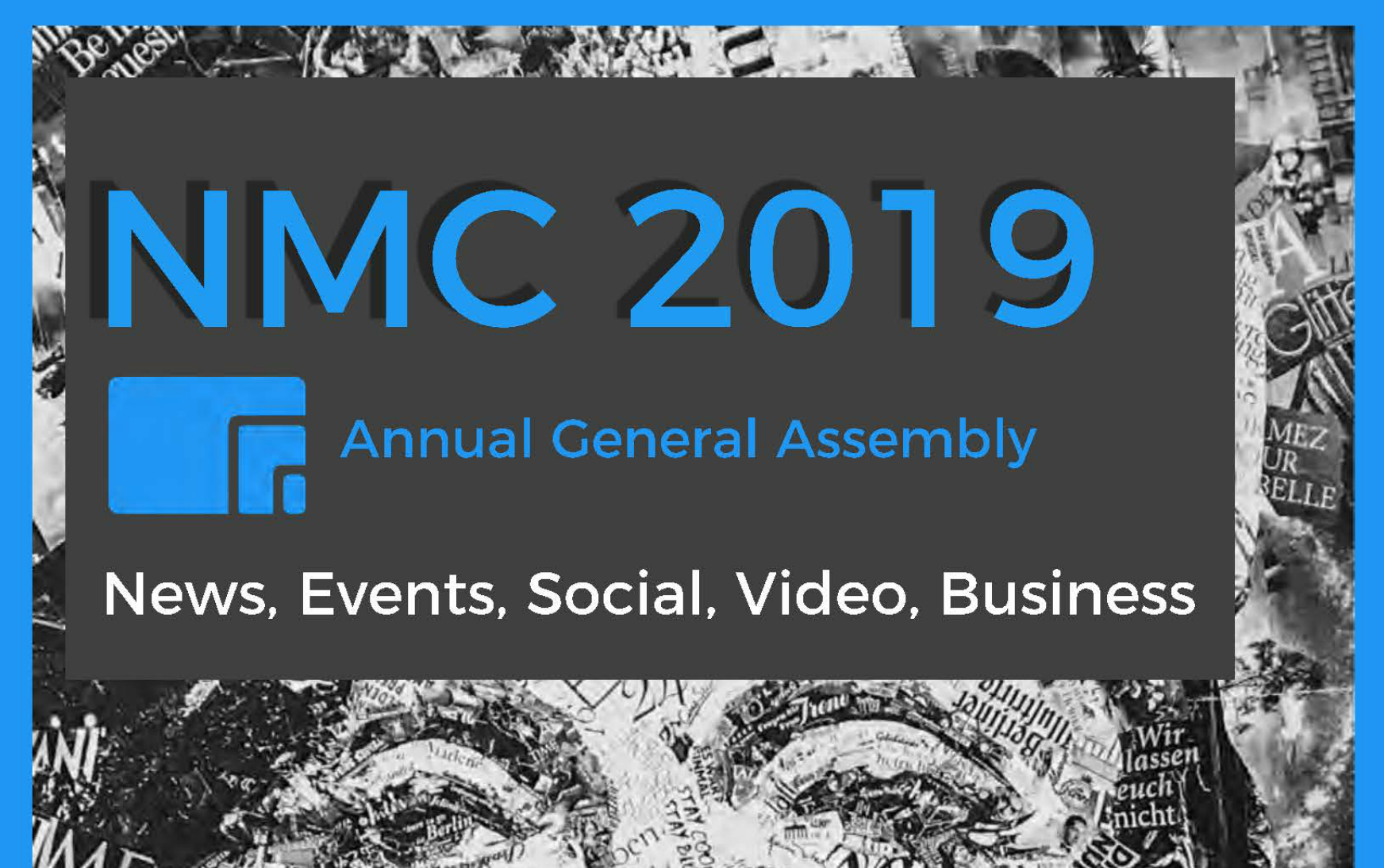
News Media Coalition
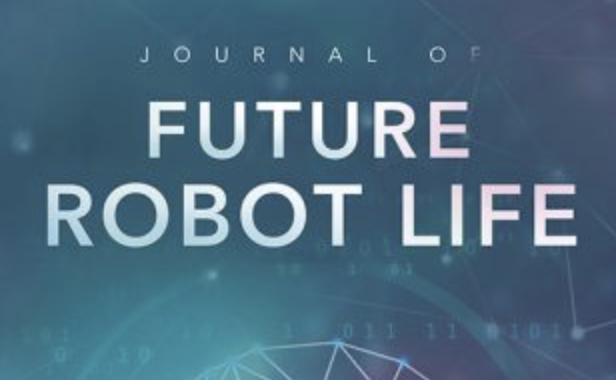
The Journal of Future Robot Life

What is Transhumanism ?
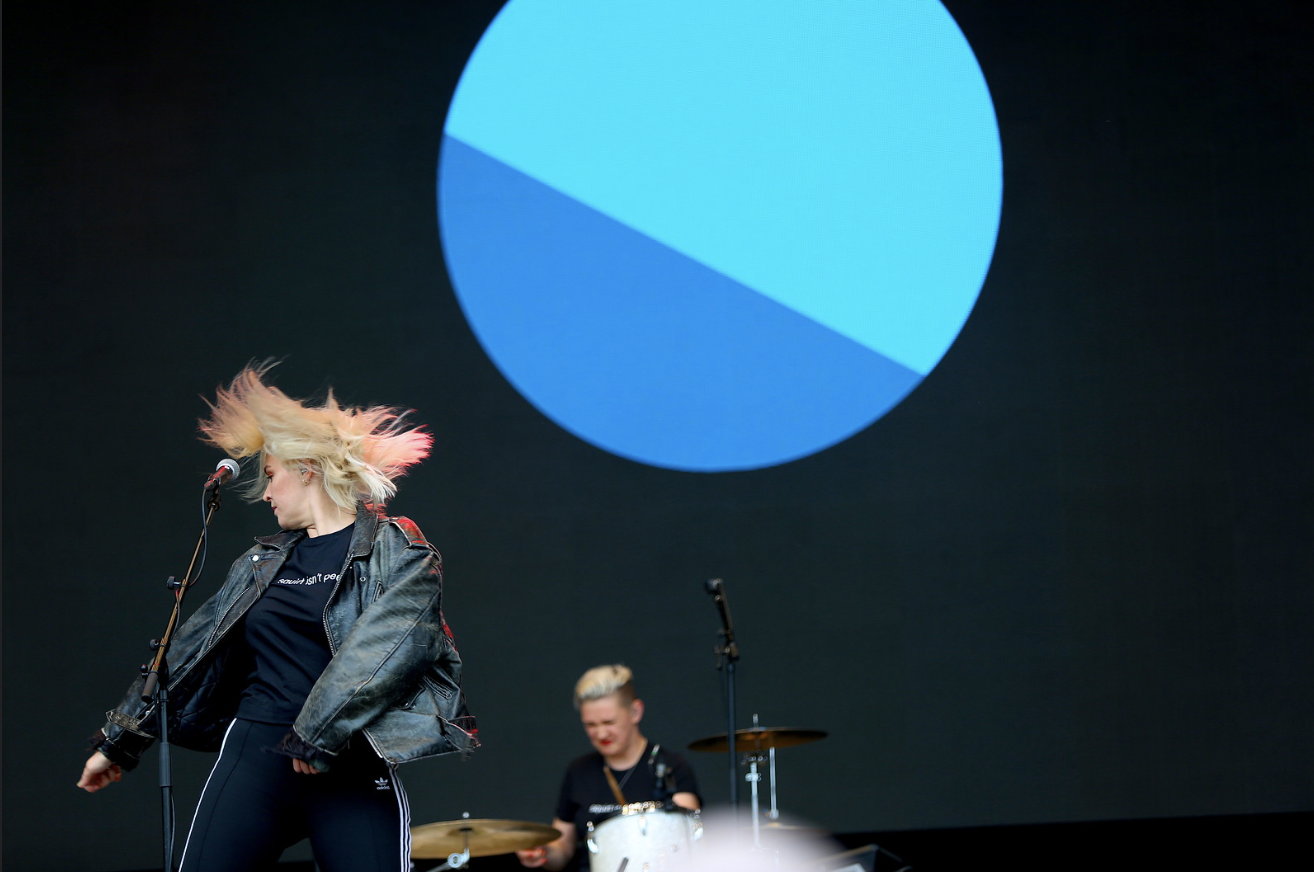
Transhumanism @ BlueDot Festival
